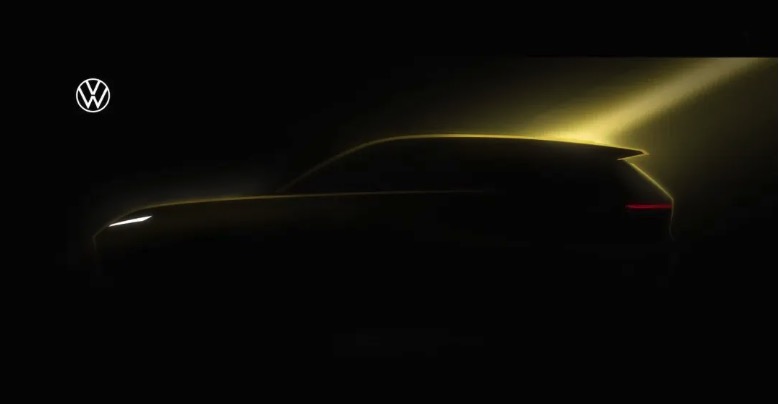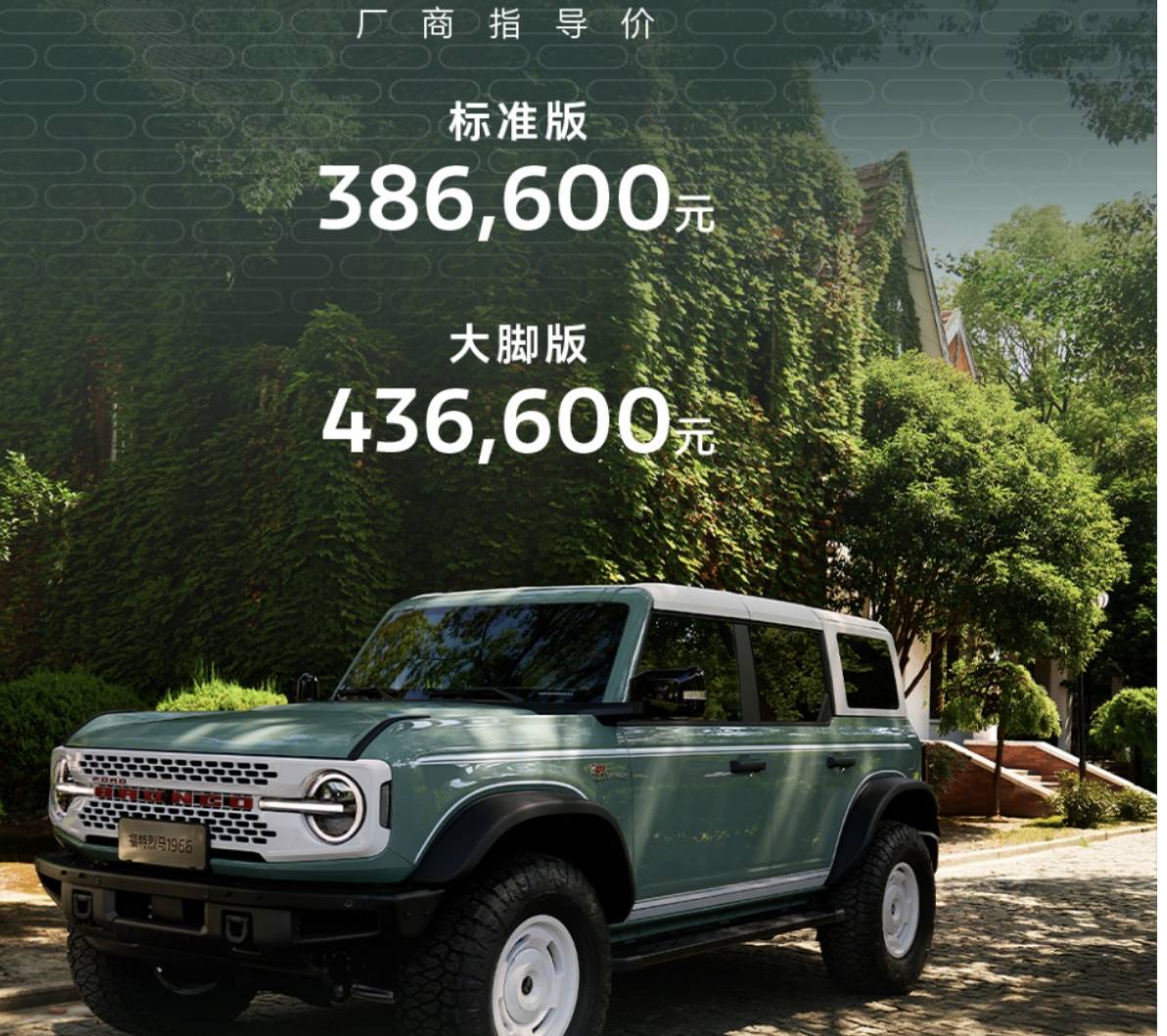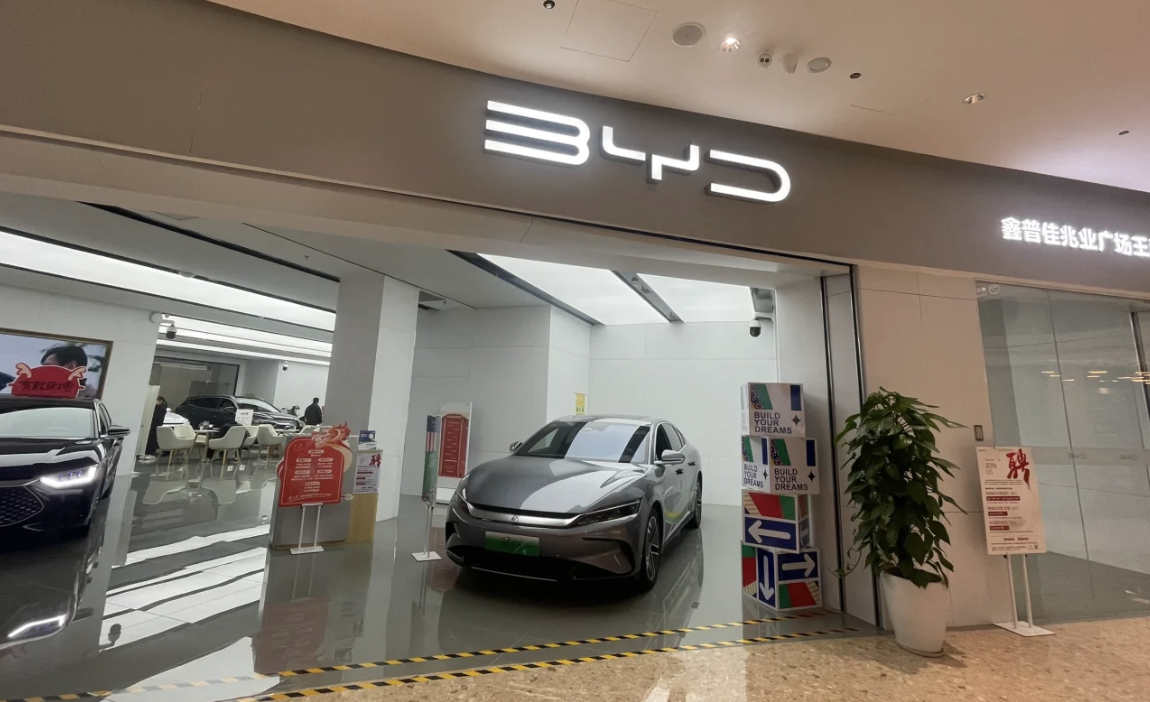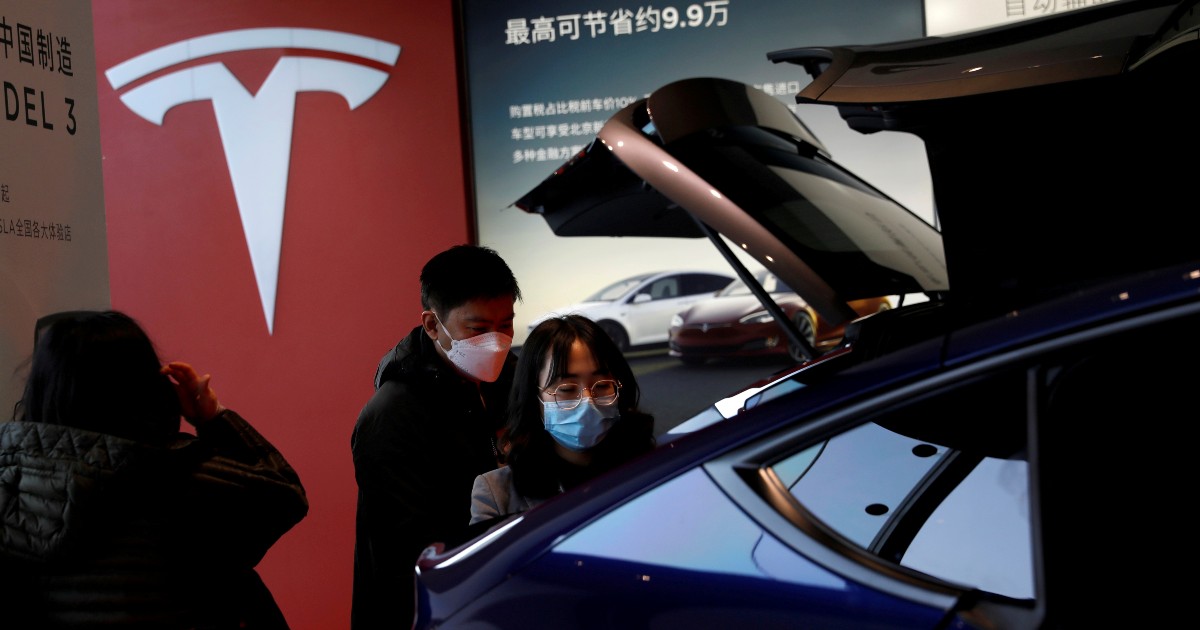April 17th, Xiaopeng Motors and the Volkswagen Automotive Group jointly announced the official signing of a strategic framework agreement for EEA electronic and electrical architecture technology. According to the agreement, the two sides will jointly develop the electronic and electrical architecture for Volkswagen’s electric vehicle platforms in the Chinese market; the jointly developed EEA electronic and electrical architecture of the two sides is expected to be applied to Volkswagen’s electric vehicle models produced in China starting from 2026.
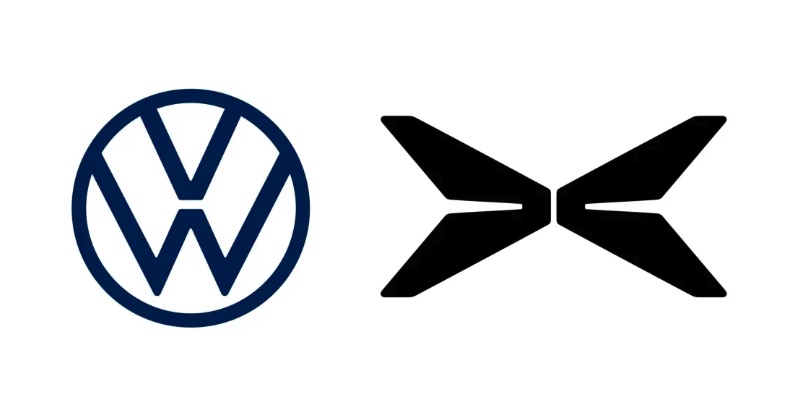
According to official information, the CEA architecture will be jointly developed by technical personnel from Xiaopeng Motors, Volkswagen China Technology Company, and CARIAD China, a software company under the Volkswagen Group. Starting in 2026, this architecture will be applied to locally produced Volkswagen brand electric vehicles. The biggest feature of this architecture is that it can significantly reduce the complexity of the intelligent electronic control system in the vehicle, reduce the number of controllers by 30%, and reduce costs; it is better for OTA remote upgrades, and in the future, various functions including autonomous driving will be integrated into the vehicle and achieve continuous update and expansion.
This is the third major cooperation between Xiaopeng Motors and the Volkswagen Automotive Group. The cooperation between Xiaopeng Motors and the Volkswagen Automotive Group began in July 2023. At that time, the two parties signed a strategic technical cooperation and minority equity investment framework agreement to reach a long-term strategic partnership. The two sides plan to jointly develop two electric vehicle models for the Chinese medium-sized vehicle market. The two new cars dedicated to the Chinese market will complement the product portfolio based on the MEB platform and are scheduled to enter the market in 2026. In the same year in December, Volkswagen China invested in Xiaopeng Motors. After the transaction is completed, Volkswagen China holds about 4.99% of Xiaopeng Motors’ share capital and becomes the third largest shareholder of Xiaopeng Motors. However, Volkswagen has only one board observer seat in Xiaopeng Motors and has no voting decision-making power.
This year in February, Xiaopeng Motors and the Volkswagen Automotive Group signed a joint development agreement on platform and software strategic technology cooperation. The two sides will jointly develop two smart connected vehicle models for the Chinese medium-sized vehicle market. The first two models have been identified to be listed in 2026, and the first product is an SUV model.
And the signing of this technical cooperation agreement means that the direction of the cooperation between the two parties is further refined. Regarding this cooperation, Volkswagen China said: “The latest progress in cooperation further strengthens Volkswagen’s electrification process in China and is a key strategic move for the group to be in the leading position in the era of smart connected vehicles.” Volkswagen Automotive Group (China) Chairman and CEO Bernd Pischetsrieder also pointed out: “By expanding the cooperation with Xiaopeng Motors and deeply integrating into the Chinese industrial ecosystem, we can meet the needs of Chinese customers for products faster.”
Why did the Volkswagen Automotive Group choose to cooperate with Xiaopeng Motors, a new force automaker in China? The industry generally believes that what Volkswagen Automotive may value is Xiaopeng Motors’ attainments in the field of intelligence. Compared with NIO and Li Auto, Xiaopeng Motors focuses more on technology-driven markets. Since its establishment, it has been oriented towards the development and mass production of fully autonomous driving cars, and it has also always been regarded as the “ceiling” of high-level auxiliary driving capabilities among Chinese automakers. For this cooperation, Xiaopeng Motors’ latest statement is: “Looking forward to defining the future smart cars together.”
Previously, Xiaopeng Motors once stated in the announcement that Xiaopeng Motors and the Volkswagen Automotive Group will jointly develop two B-class electric vehicle models based on their respective core competitiveness, the G9 model platform of Xiaopeng Motors, the intelligent cockpit, and the high-level auxiliary driving system software to be sold under the Volkswagen brand in the Chinese market. The related models are expected to start production in 2026. At the same time, some industry insiders pointed out that the reason why the two parties choose to cooperate is that it can achieve a win-win situation of cooperation and at the same time achieve the purpose of cost reduction and efficiency increase.
For Volkswagen, the Chinese market has become its largest single market globally. In the Chinese market, Volkswagen is the most determined to develop electric vehicles and is also an internationally renowned automaker with a better development in the field of joint venture electric vehicles. Since the first ID. electric vehicle entered China at the end of 2020, Volkswagen’s ID. family models on sale in China include ID.3, ID.4 CROZZ, ID.4 X, ID.6 CROZZ, and ID.6 X. However, compared with the mainstream Chinese electric vehicle manufacturers, Volkswagen still cannot compete with them.
Retail data shows that the best-selling electric vehicle model of Volkswagen in the first quarter of this year is the ID.3, with a cumulative sales of 17,600 units; ID.4 CROZZ and ID.4 X are the second, with cumulative sales of 8,254 units and 4,658 units respectively.
Indeed, driven by the era of intelligence and electrification, Volkswagen’s electric vehicle products are far behind other independent brands. In this context, Volkswagen has lowered its position to cooperate with Xiaopeng Motors, a new force automaker in China, in order to more quickly advance the electrification process and reshape its market position.
It is worth mentioning that Volkswagen is not the only traditional automaker to choose to cooperate with Chinese automakers. Before that, Audi reached a deepened cooperation agreement with SAIC Group, and Changan Ford and Changan Automobile established a new energy joint venture company. In the opinion of AutoTimes, these collaborations are actually the beginning of taking the initiative to change, and there will be more such cooperation cases in the future.
For the third cooperation between Xiaopeng Motors and Volkswagen, Xiaopeng Motors CEO He Xiaopeng said: “The scope of this cooperation has expanded, extending from jointly developing models to the Volkswagen automotive brand electric vehicle models produced in China, and the scale of the cooperation has also reached a new level.” In short, the scope of the cooperation between the two parties has expanded from the original cooperation in building cars to creating a new CMP platform specifically for the Chinese market. The two subsequent models of the cooperation will also be equipped with the CEA architecture. It should be noted that previously, the official said that the first model of the two parties’ cooperation will not be listed until 2026, and in the future, the competition in the Chinese auto market will only be more intense. Whether the cooperation between Xiaopeng Motors and Volkswagen can be successful still requires time to test.
